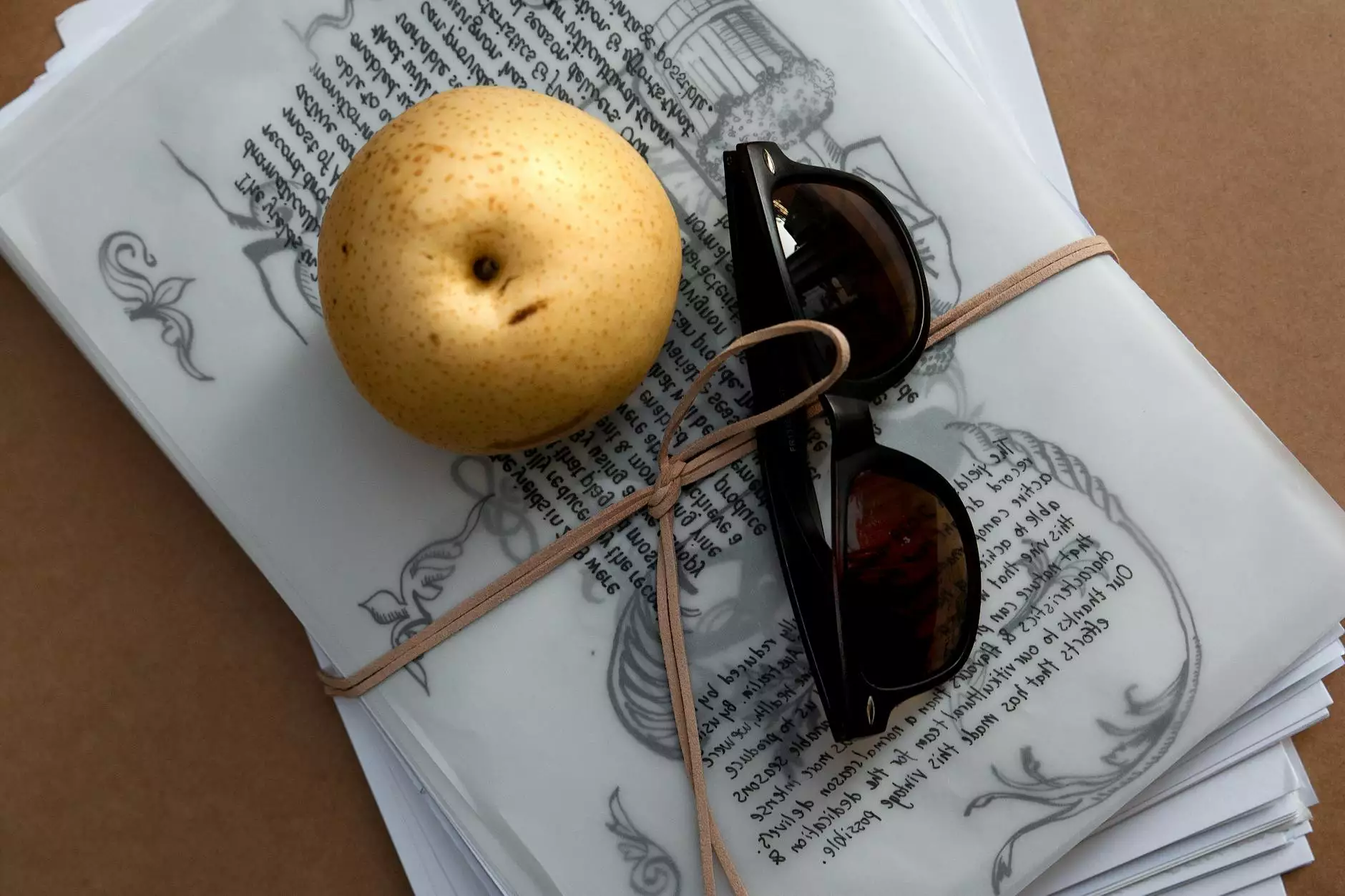Exploring the Thrilling World of Games Sabong in the Philippines

The Philippines is a country rich in culture and tradition, with a wide array of unique activities that reflect its heritage. Among these is the exciting world of games sabong, or cockfighting, a time-honored sport that has fascinated Filipinos for generations. In this article, we delve into the essence of games sabong, its economic impact, and its place within the society and culture of the Philippines.
The Historical Significance of Sabong
With roots deeply embedded in Filipino culture, sabong dates back to the ancient times when it was not only a form of entertainment but also a social and ceremonial activity. During these early periods, local communities would gather during special occasions to witness spectacular cockfighting matches. These events fostered a sense of community, as families and friends would support their favored roosters and engage in friendly bets.
Understanding the Mechanics of Games Sabong
At its core, games sabong involves a contest between two specially-bred roosters. These birds are trained and conditioned for months to ensure they are in their prime physical condition. Key elements of the sport include:
- Breeding: The selection of roosters is crucial. Breeders often choose birds based on lineage, physical attributes, and fighting spirit.
- Training: Roosters undergo rigorous training to enhance their agility and strength, often involving various exercise regimens and sparring with other birds.
- The Fight: Matches typically take place in a circular arena called a "cockpit," where handlers release the roosters, allowing them to exhibit their skills and instincts in combat.
The Economic Impact of Games Sabong
The presence of games sabong extends beyond mere entertainment. This traditional sport significantly contributes to the economy, creating numerous jobs and supporting local businesses. Here’s how:
- Employment Opportunities: From breeders and trainers to handlers and venue operators, sabong creates a diverse range of jobs.
- Tourism: With the growing interest in cockfighting, many tourists are drawn to the Philippines to experience this unique cultural phenomenon, bolstering local economies.
- Consumer Spending: Betting and the sale of related products, such as feed, supplements, and accessories, stimulate economic activity.
Cultural Significance and Community Bonding
Aside from its economic contributions, games sabong plays a vital role in community dynamics. Events often serve as social gatherings where generations come together, fostering camaraderie and community spirit. Families pass down the art and tradition of sabong through the years, ensuring that it remains an integral part of their identity.
The Role of Technology in Modern Games Sabong
As with many traditional practices, games sabong is not immune to the influence of modern technology. Innovations have emerged, changing how enthusiasts engage with the sport:
- Online Betting Platforms: With the rise of the internet, many aficionados now place bets online, expanding the reach of sabong worldwide.
- Live Streaming: Users can watch matches live from the comfort of their homes, making it easier to follow their favorite fighters and events.
- Training Apps: New technologies are also being employed for training, as breeders utilize data analytics to track the performance and health of their roosters.
Challenges Facing Games Sabong
Despite its popularity and economic benefits, the future of games sabong is not without challenges:
- Regulation: With rising concerns over gambling and animal welfare, stricter regulations are being implemented, which may impact traditional practices.
- Public Perception: As attitudes change towards animal rights, cockfighting faces scrutiny, creating a need for advocates to promote sustainable and humane practices.
- Market Saturation: As more platforms emerge for online betting, saturation could lead to increased competition and potential loss of consumer interest in traditional venues.
Advocating for Responsible Practices in Games Sabong
As the landscape of games sabong evolves, it is crucial for stakeholders to adopt responsible practices that respect animal welfare while preserving this cultural heritage. Here are several ways to promote responsible sabong:
- Regulations: Implementing and complying with regulations ensures humane treatment of roosters and the responsible operation of venues.
- Education: Educating enthusiasts about proper training methods and animal care can help cultivate a culture of respect and responsibility.
- Community Collaboration: Engaging local communities in discussions can pave the way for better practices and mutual understanding.
The Future of Games Sabong
Looking ahead, the future of games sabong in the Philippines presents a paradox of opportunity and challenge. While its rich cultural significance continues to attract both locals and visitors, there are pressing issues that must be addressed to ensure its longevity. Striking a balance between tradition and modernity will be key to preserving this beloved sport.
Efforts to promote sustainable practices, alongside the integration of technology, can enhance the experience for fans and participants alike. Young enthusiasts are exploring new ways to engage with sabong, suggesting a promising future that honors its roots while adapting to contemporary values.
Conclusion
In conclusion, games sabong remains more than just a traditional sport in the Philippines; it is a tapestry of history, culture, and economic activity that binds communities together. Embracing its legacy while addressing the pressing concerns of our times will ensure that this vibrant tradition continues to thrive for generations to come.
Join the Excitement of Games Sabong
For those looking to delve into the world of games sabong and its vibrant community, sabonginternationals.com is the ideal destination. Stay informed about upcoming events, learn about best practices, and immerse yourself in the thrilling atmosphere of this unique cultural phenomenon.








